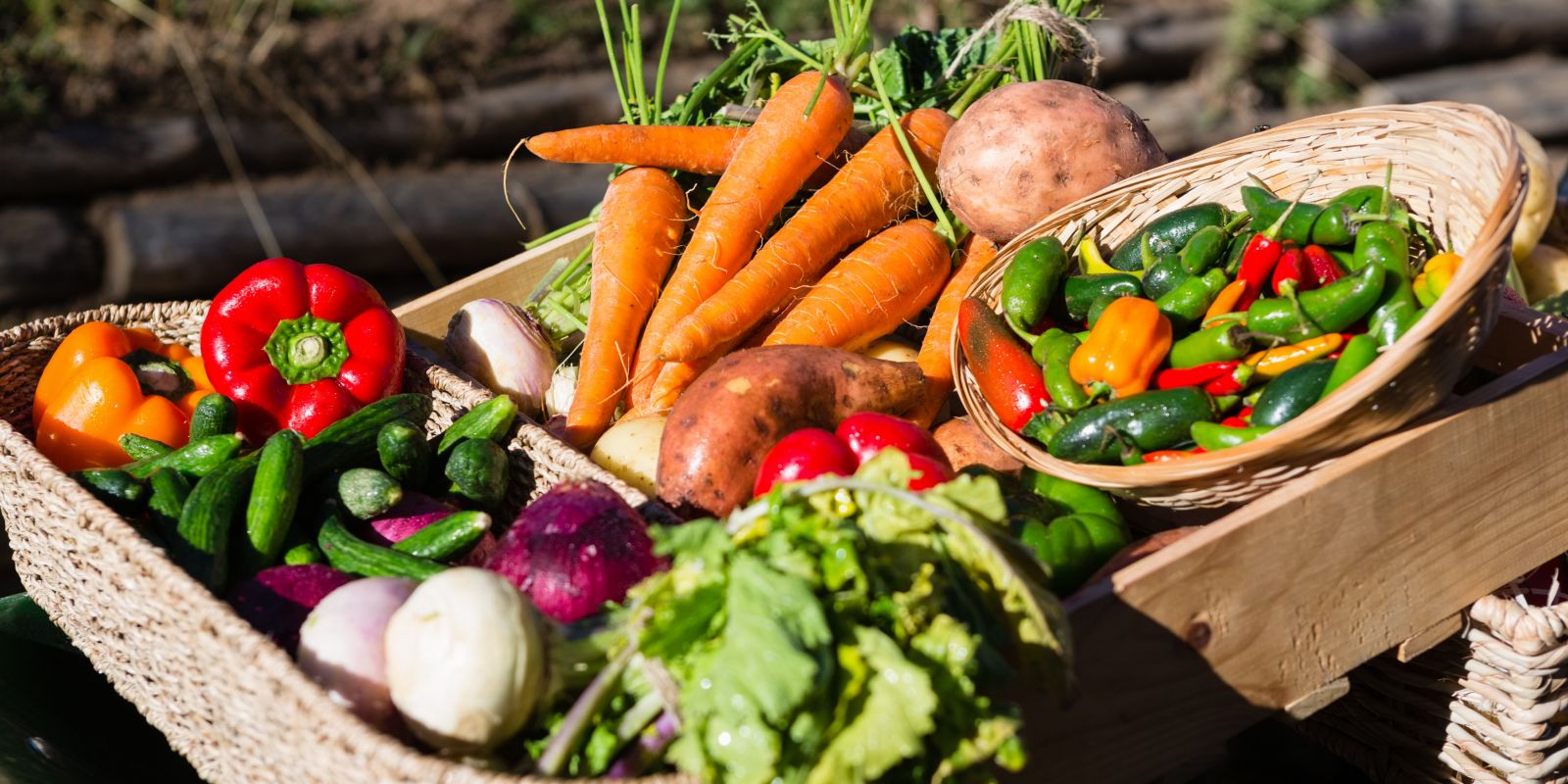30:50:50 VISION DOCUMENT CALLING FOR AN AMBITIOUS INNOVATION AGENDA FOR UK AGRICULTURE
At the official opening ceremony for the exhibit, which took place on Wednesday 29th January, members of the APPG from both Houses of Parliament were joined by Defra Food Security Minister Daniel Zeichner MP, Defra Chief Scientific Adviser Professor Gideon Henderson, and recently appointed Food Standards Agency Chief Executive Katie Pettifer at the launch of the 30:50:50 vision document, calling for an ambitious innovation agenda for UK Agriculture.
This vision highlights the need for clear, long-term goals to increase domestic food production by 30% by 2050 while reducing UK agriculture’s environmental footprint by 50%. The 30:50:50 vision draws together many of the themes and policy issues discussed by the APPG in recent years, distilled down into a coherent, consistent, long-term objective to help UK farmers produce more from less, and setting out three clear steps needed to deliver.
Speaking at the opening ceremony for Agri-Science Week in Parliament, APPG chair George Freeman MP welcomed the UK Government’s strong commitment to food security, and Defra Minister Daniel Zeichner confirmed that his Government wants the country to produce more food. But Mr Freeman said there was serious doubt over whether current farming policies would deliver on that ambition. “We have to question seriously whether the state of affairs this Government has inherited, and the policies put in place by the previous administration, are likely to support an ambition for the nation’s farmers and growers to produce more food.
“We heard recently, for example, that our dependence on wheat imports is at its highest since records began 30 years ago. This year, we are on course to produce just 15% of our vegetable oil requirements, rather than 40% a decade or so ago. UK potato production is at its lowest level for more than a decade, and Defra figures indicate that UK self-sufficiency in fresh vegetables, at 53%, is at its lowest since records began in 1988, while for fresh fruit we produce just 16% of our needs.
“This isn’t about talking the industry down. With our good soils, temperate climate, professional farming sector and world-class agri-science base, Britain is well placed to produce more food, more sustainably, and to reduce our dependence on food imports. In doing so, we will also be better placed to contribute to the global food security challenge by developing and exporting technological solutions, increasing our own food exports, and fostering international R&D collaboration.
“Britain has some of the most cutting-edge, world-leading research taking place in research institutes and university departments across the country. But we need a clearer plan to unlock its potential, and to translate that fantastic science into on-farm innovation. And our farmers and growers desperately need clarity and consistency about their purpose, first and foremost, as food producers.”
Mr Freeman explained that the urgency of UK and global food security, affordability and sustainability challenges mean that clear, long-term objectives are needed to harness the latest advances in agricultural science and innovation, and that a new vision is needed to re-frame the policy, regulatory and R&D agenda with an ambitious, high-level objective to increase domestic food self-sufficiency while reducing UK agriculture’s environmental footprint.
“We believe a realistic ambition would be to increase domestic food self-sufficiency from its current 60% to 75% over the next 25 years. Taking forecast population growth into account, this means increasing UK agricultural production by 30% by 2050,” he said.
The APPG 30:50:50 vision document sets out three clear steps to deliver on that objective and is available to read here.
For more information please contact: daniel.pearsall@frontfoot.uk.com



